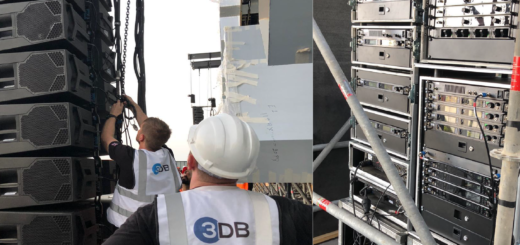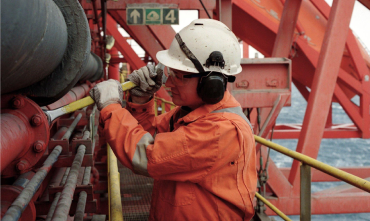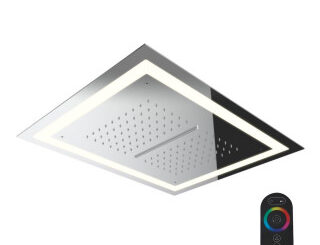An Overview Of Marine Engineering
Marine engineering is a specialized field of engineering that includes the design, construction, operation, and maintenance of ships, offshore structures, and marine systems. It combines principles from mechanical, electrical, naval architecture, and ocean engineering disciplines to develop safe, efficient, and sustainable solutions for marine transportation, offshore exploration, and maritime industries.
Naval architecture and ship design:
Naval architecture is a fundamental aspect of marine engineering services, focusing on the design and construction of ships and other floating structures. Naval architects utilize principles of hydrodynamics, structural analysis, and materials science to design vessels that are seaworthy, efficient, and structurally sound. They consider factors such as hull form, stability, propulsion systems, and resistance to optimize vessel performance and meet regulatory requirements. From commercial cargo ships and passenger vessels to military warships and offshore platforms, naval architects play a critical role in shaping the design and functionality of maritime structures.
Marine propulsion systems:
Marine propulsion systems are important components of ships and boats, responsible for generating thrust and propelling vessels through water. Marine engineers specialize in designing, installing, and maintaining propulsion systems, including diesel engines, gas turbines, electric propulsion, and alternative power sources such as fuel cells and renewable energy systems. They optimize engine performance, fuel efficiency, and emissions control to ensure reliable and environmentally sustainable propulsion for various marine applications.
Marine systems and equipment:
Marine systems engineering encompasses the design and integration of onboard systems and equipment essential for vessel operation and safety. This includes electrical systems, navigation and communication systems, HVAC (heating, ventilation, and air conditioning) systems, and firefighting and safety equipment. Marine engineers collaborate with electrical engineers, systems integrators, and equipment manufacturers to develop robust and reliable systems that meet regulatory standards and operational requirements for marine vessels.
Offshore engineering and renewable energy:
Offshore engineering focuses on the design and construction of offshore structures, including oil and gas platforms, offshore wind farms, and marine renewable energy systems. Marine engineers play a key role in offshore projects, addressing challenges such as harsh environmental conditions, deepwater drilling, and subsea infrastructure. They design offshore structures for stability, reliability, and longevity, utilizing advanced materials, structural analysis, and risk assessment techniques to ensure safe and efficient operations in offshore environments.


















